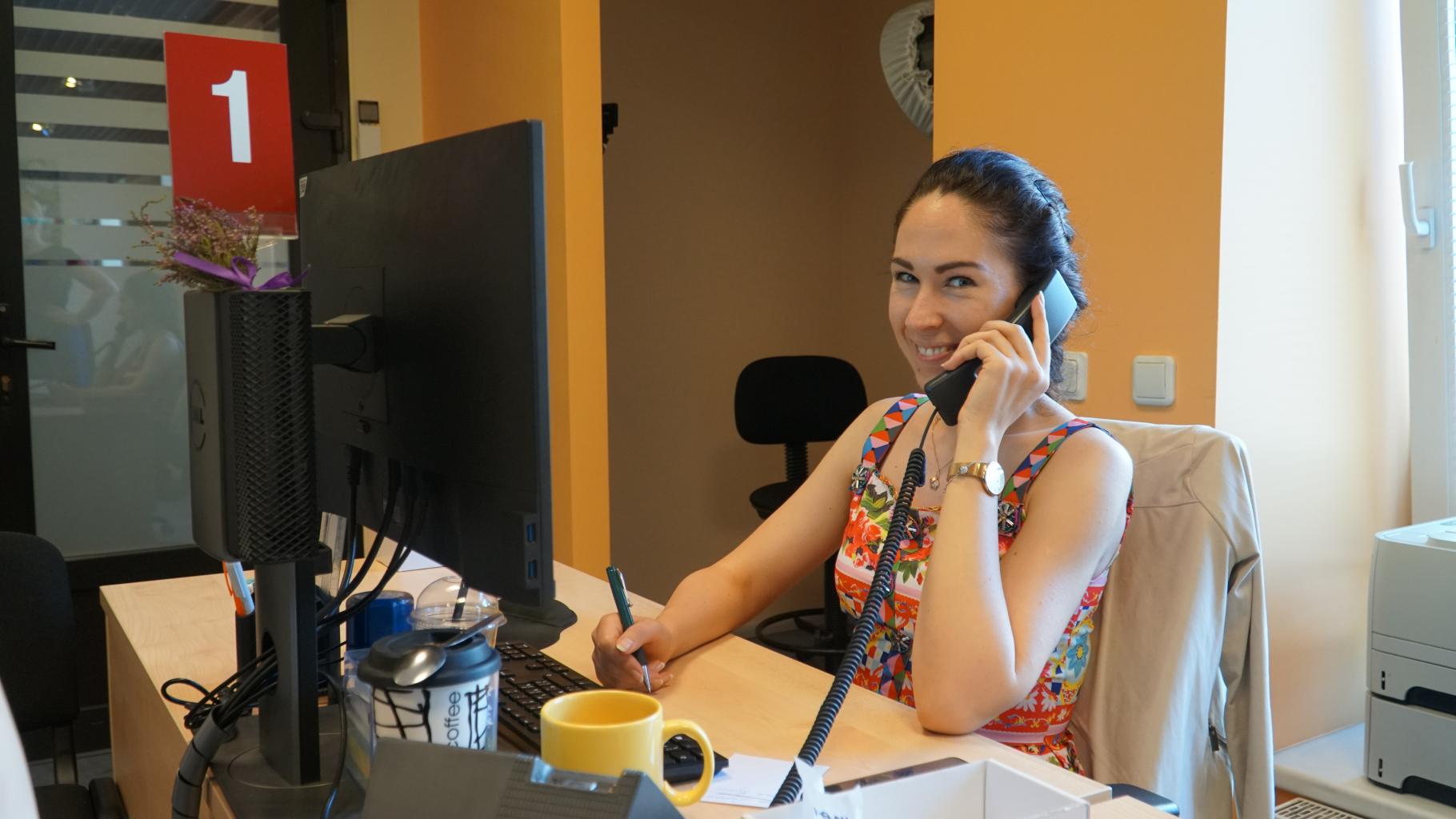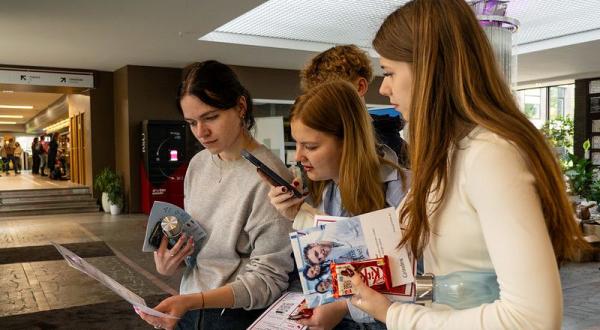More Convenient, Comprehensible and Logical: Student Services Make Changes to Regulatory Documents and Processes
Rīga Stradiņš University (RSU) is proud not only of its excellent reputation, but also of its purposeful move towards creating a student-centred university. For several years now, Student Services has been gradually optimising, digitising, and modernising its internal e-systems, processes, and regulatory documents in order to reduce bureaucracy and make the circulation of documents and other processes as fast, convenient, and comprehensible as possible.
A more approachable process for both students and applicants
In recent years, a number of study processes and regulatory frameworks have been put into place to create user-friendly e-services, as well as to help review and streamline internal RSU study processes and reduce bureaucracy. One of the steps is to make changes to the regulatory enactments that regulate the study process.
‘Work on the next step is now in the final stages. We wanted to create a more user-friendly document,’ Ilze Astašova, Project Manager of Student Services, says about the changes to the Regulations on Crediting Study Outcomes and Resuming Studies at Subsequent Study Stages.
‘Previously, students often had to take what we considered to be unnecessary steps like submitting a certificate issued by the RSU Open University in order to compare and credit courses. Information about study courses taken at the Open University is available in RSU systems and the staff at Student Services who were accepting, and processing students’ applications can actually see and verify this data. Requiring additional documents was unnecessary. The new version of the regulations has gotten rid of this requirement.’
The structure of the regulations has been changed to now include chapters for each target group: students, local and international applicants, and others. The terminology as well as the responsible structural units and positions have been clarified. The regulations take previous practical experience into account and describe models of action more precisely. This reduces the bureaucratic burden by avoiding redundant actions.
Both local and international applicants and students will find the improved regulations much easier to understand. Astašova emphasises that applicants’ and students’ experiences are very different. It is therefore important to describe the regulations accurately and clearly, grouping them so that everyone can find the regulations they need quickly without having to wade through the entire document.
Student Services will continue to make other improvements.
Digitisation: speed, convenience, data integrity
Over the years, more and more work has been done digitally. The Student Information System (SIS) was established at RSU in 2009 and it is continuously being improved on and enhanced in close cooperation with the Department of Information Technology. New systems and digital solutions are also being introduced that take the needs and suggestions of both students and staff into account. ‘On a daily basis, Student Services are now working with at least five or six systems in parallel – SIS, e-services, JIRA, DMS, Academic Portal, etc. All these systems are interconnected and synchronise data,’ says Astašova. We want to make it as easy as possible for students to communicate with us, as well as to facilitate the use of various activities related to the study process. For example, all e-services for students at RSU are personalised. It allows you to apply to services, deal with issues related to the study process (apply for elective courses, submit final theses, etc.), and write applications securely, quickly, and easily.
‘Digitisation, speed, convenience, data security – these are the key words for modern document circulation at RSU.
This will make life easier not only for students and applicants, but also for RSU staff. More and more documents are drawn up electronically, and paper documents are kept to a minimum.
Some examples of jobs that have been streamlined: student contacts no longer have to transfer printed decrees into the system and the time needed to prepare supplements to diplomas has been reduced thanks to the possibility to prepare them from data available in the system. If a three-hour job can be done in five minutes, that’s impressive! This is just a small part of all the changes that have been implemented. In addition, electronic processes also bring some order to the so-called grey areas where there are oversights or human errors.’






